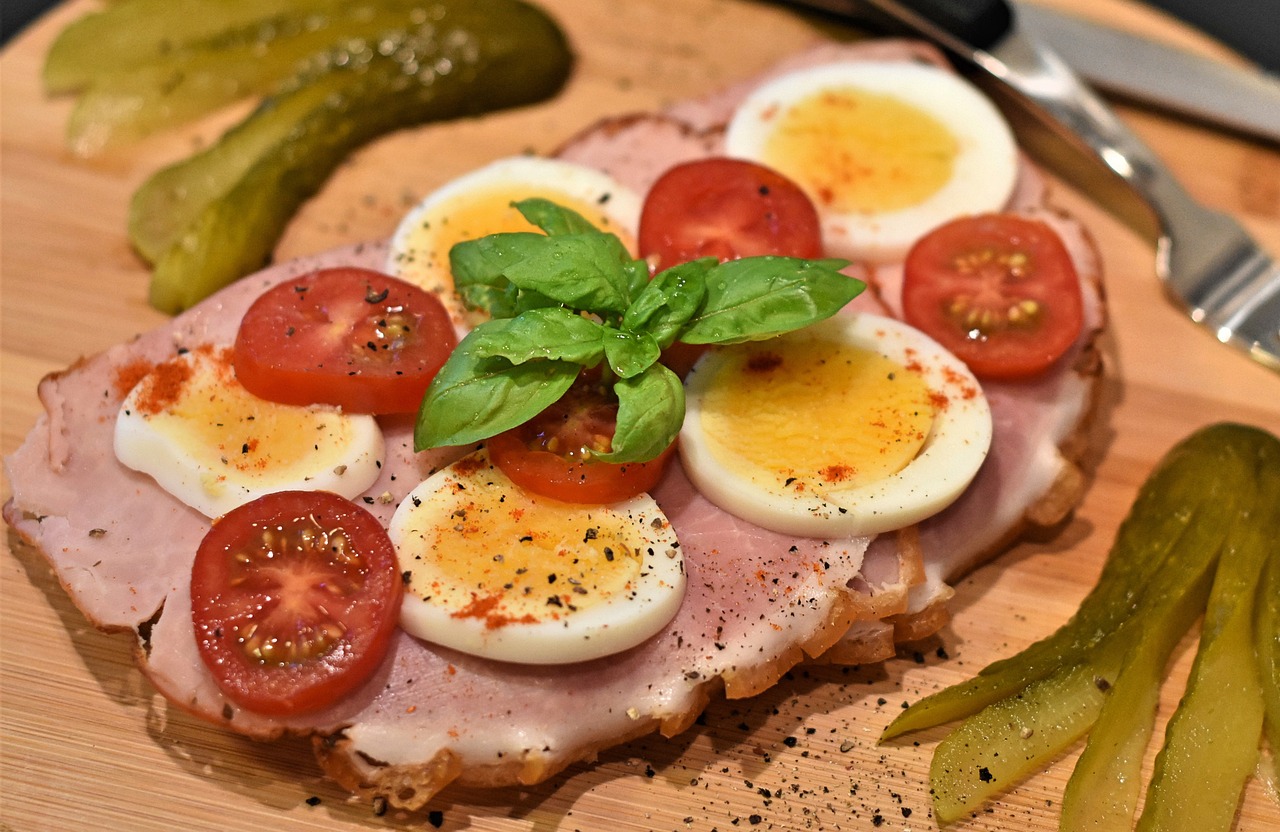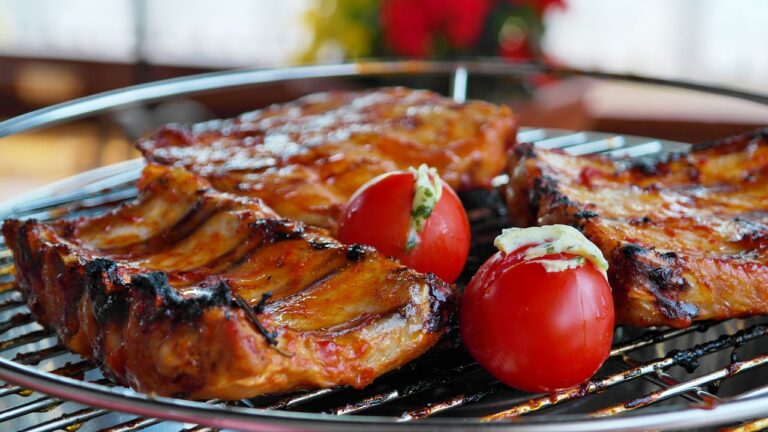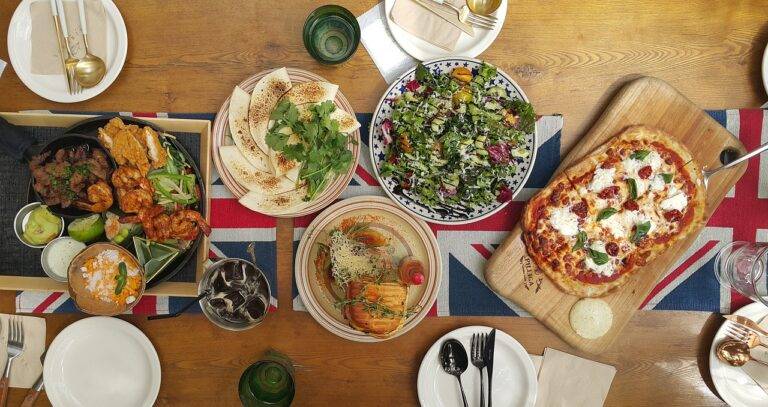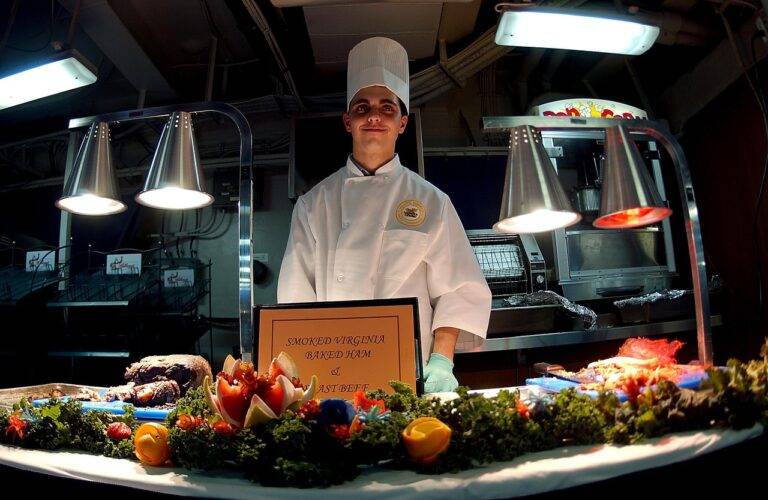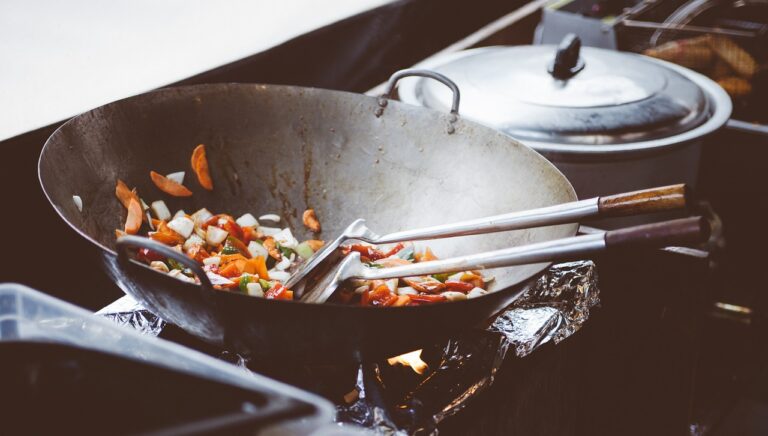The Psychology of Flavor: How Taste Preferences Impact Spirit Trends
cricbet99, sky11 bet, play lotus365:The psychology of flavor plays a crucial role in shaping our taste preferences and ultimately driving spirit trends. As we delve into the intricate world of taste perception, it becomes evident that our individual preferences are influenced by a myriad of factors, including our genetic makeup, cultural influences, and past experiences. By understanding the complex interplay between our taste buds and our brains, we can gain valuable insights into why certain spirits become popular while others fade into obscurity.
Our sense of taste is a powerful tool that guides us in choosing what we eat and drink. It is a complex process that involves not only our taste buds but also our sense of smell, texture preferences, and even psychological factors. When it comes to spirits, the flavor profile plays a pivotal role in determining whether a particular drink will be a hit or a miss with consumers.
One of the most significant factors that influence our taste preferences is our genetic makeup. Research has shown that our genes can affect how we perceive certain flavors, such as bitterness or sweetness. For example, some people are genetically predisposed to being more sensitive to bitterness, which may explain why they prefer certain spirits over others. Understanding these genetic predispositions can help spirit producers tailor their products to cater to a wider range of tastes.
Cultural influences also play a significant role in shaping our taste preferences. Different cultures have distinct culinary traditions and flavor profiles that can impact how individuals perceive and enjoy different spirits. For example, whiskey may be more popular in certain regions due to cultural traditions, while rum may be the spirit of choice in others. By tapping into these cultural influences, spirit producers can create products that resonate with consumers on a deeper level.
Our past experiences also play a crucial role in shaping our taste preferences. Studies have shown that our taste preferences can be influenced by our early food experiences, as well as the social contexts in which we consume certain foods and drinks. For example, if someone has positive memories associated with a particular spirit, they may be more inclined to continue drinking it in the future. By understanding the role of past experiences in shaping taste preferences, spirit producers can create marketing campaigns that evoke nostalgia and positive emotions in consumers.
In recent years, there has been a growing interest in exploring new and unique flavor profiles in the spirits industry. Consumers are increasingly seeking out novel taste experiences that challenge their palates and offer a break from traditional options. This trend has led to the rise of craft spirits producers who are pushing the boundaries of flavor innovation, using ingredients and techniques that were previously unheard of in the industry.
As the demand for unique and innovative flavors continues to grow, spirit producers are turning to the field of psychology to gain a deeper understanding of consumer preferences. By conducting sensory studies and taste tests, producers can gather valuable insights into which flavor profiles are most appealing to consumers and tailor their products accordingly. This data-driven approach allows producers to stay ahead of the curve and anticipate changing consumer tastes before they become mainstream trends.
In conclusion, the psychology of flavor is a fascinating field that offers valuable insights into why we prefer certain spirits over others. By understanding the complex interplay between our genetic makeup, cultural influences, and past experiences, spirit producers can create products that resonate with consumers on a deeper level and drive trends in the industry. As the demand for novel and unique flavors continues to grow, the importance of understanding taste preferences and consumer behavior will only become more critical in shaping the future of the spirits industry.
FAQs:
1. How does our genetic makeup influence our taste preferences?
Our genes can affect how we perceive certain flavors, such as bitterness or sweetness. Some people may be more sensitive to certain flavors based on their genetic makeup.
2. What role do cultural influences play in shaping taste preferences?
Different cultures have distinct culinary traditions and flavor profiles that can impact how individuals perceive and enjoy different spirits. Cultural influences can vary widely and contribute to the diversity of taste preferences worldwide.
3. How do past experiences shape our taste preferences?
Our early food experiences and social contexts in which we consume certain foods and drinks can influence our taste preferences. Positive memories associated with a particular spirit, for example, can make us more inclined to continue drinking it in the future.
4. Why is understanding taste preferences important for spirit producers?
By understanding taste preferences, spirit producers can create products that resonate with consumers on a deeper level and anticipate changing trends in the industry. This data-driven approach allows producers to stay ahead of the curve and cater to evolving consumer preferences.
5. How are spirit producers using the psychology of flavor to drive trends?
Producers are conducting sensory studies and taste tests to gather valuable insights into which flavor profiles are most appealing to consumers. They use this data to tailor their products and create marketing campaigns that evoke positive emotions and resonate with consumers.

